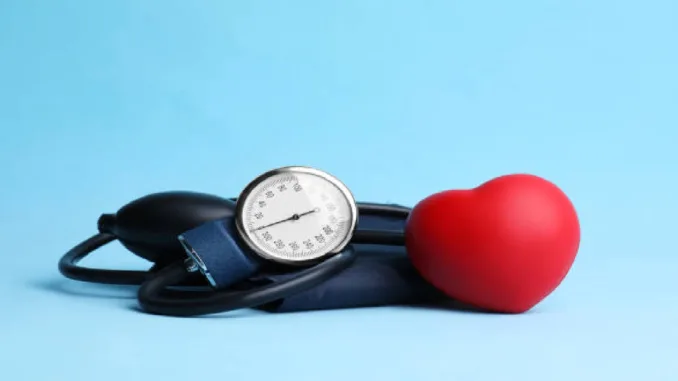
According to a report by the World Health Organization (WHO), the global menace known as high blood pressure, is going very up. Within the pages of this groundbreaking document, a very hard reality has come up into the reality, an alarming 4 out of every 5 individuals are effected by hypertension are tragically left untreated. The WHO report goes on to reveal that, if nations can make a big effort to expand their healthcare coverage, a large number of premature deaths, 76 millions may be prevented between the years 2023 and 2050.
Hypertension is a serious issue
Hypertension, normally known as high blood pressure, is a condition that has effected a large number of 1 in 3 adults across the globe. This number posses a big challenge to the healthcare services across the world. This number is far from being anything good and hypertension, often known as the silent killer poses a grave threat to the societies. The repercussions of unchecked hypertension can make the harm more for the society.
Hypertension is a silent killer
One of the most scary aspects of this disease is its ability to quietly attack the one’s well-being, hiding its destructive potential until it strikes the health completely. Hypertension can cause a variety of issues like strokes, heart attacks, heart failure, kidney damage, and a large number of other health afflictions. As reports help to delve deeper into the WHO report, we find that it is not just a report of some statistics but giving nations across the world to prioritize healthcare access, awareness, and education. To combat this, it is important for governments, healthcare organizations, and individuals to unite in their efforts. Other points like increased screening, early detection, modifications in the lifestyle, and improved access to medication must become central part of many country’s strategy.



